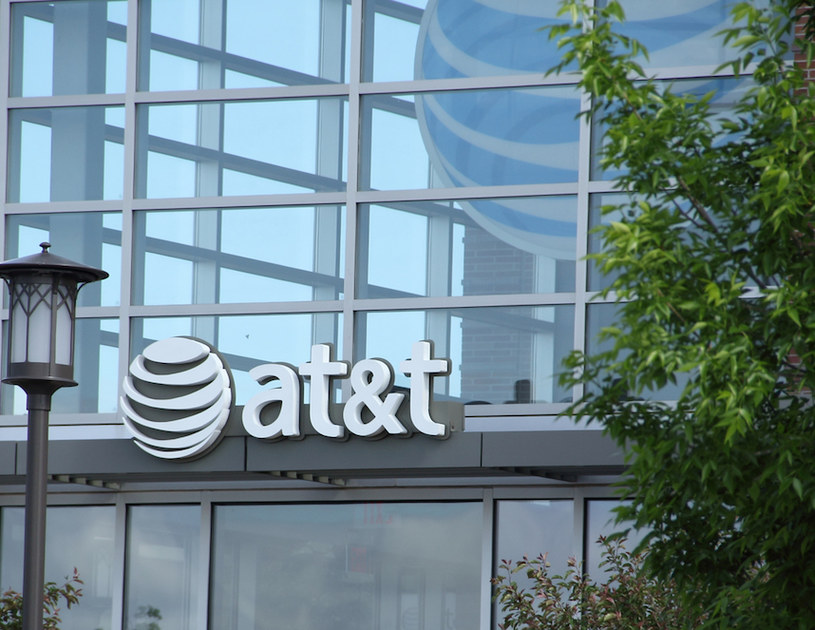California Labor Law Agreement Reached for Grocers

According to the news source, the negotiators for the grocery chains and the United Food and Commercial Workers (UFCW) reached a deal that will prevent a strike of more than 54,000 workers throughout Southern California.
The agreement comes after a number of months of public disagreements, with negotiations ultimately heating up after a recent deadline passed. The sides reportedly worked through the weekend to reach the agreement, which is reportedly for three years, the news source said.
The actual details of the deal were not made available to the public, as union members have received the proposal and still need to vote on it. Union officials said that the contract would be approved if at least 50 percent of the members plus one additional vote ratified the agreement, according to the Times.
In separate statements, representatives from the grocery chains and the union said they were satisfied with the deal that was reached.
"We are pleased to have reached a tentative settlement agreement with the union that continues to preserve good wages, secure pensions and access to quality, affordable healthcare??"while allowing us to be competitive in the marketplace," Ralphs, Vons and Albertsons said in the statement, according to the news source.
Rick Icaza, president of UFCW Local 770 in Orange County, added that the deal "protects grocery workers' jobs and healthcare, and keeps the employers' profitable."
Reuters reports that the dispute in this instance dates back to a 141-day strike in Southern California during 2003 and 2004. The strike, which was the longest work stoppage in the history of the US grocery industry, reportedly cost the chains more than $1 billion in sales.
According to the news source, the strike also had an effect on the loyalty of customers, many of whom flocked to nonunion food vendors including Wal-Mart Stores Inc., Costco Wholesale Corp. and Target Corp. Additionally, other competitors such as Whole Foods Market and other upscale chains have increased competition.
Andrew Wolf, an analyst for BB&T Capital Markets, told the news source that both sides were likely forced to make compromises to come to the deal, saying it probably involved "mutual pain and compromise."











No Comments